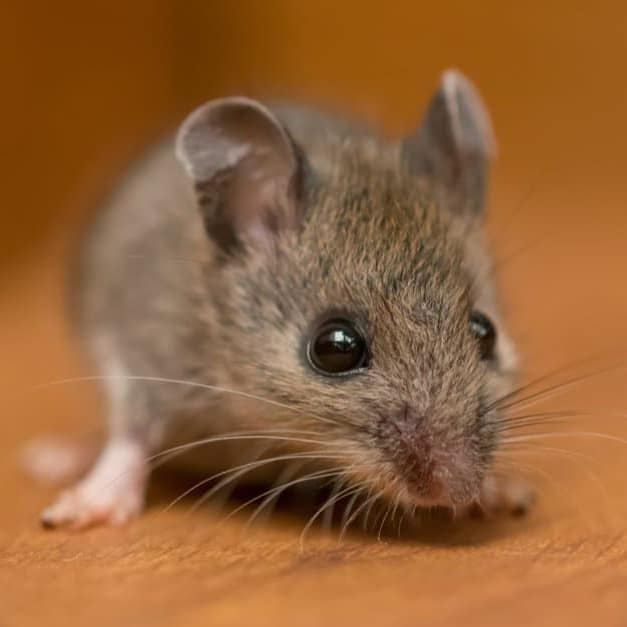Rats are among the most invasive and destructive pests that can infiltrate a home. What starts as a small, barely noticeable problem can escalate into a full-blown infestation in a matter of weeks. Due to their rapid breeding cycles, ability to hide in tight spaces, and constant search for food and shelter, rats can take over a home before homeowners even realize there’s a problem.
Understanding how quickly a rat infestation can develop is essential for preventing long-term damage and health risks. In this article, we’ll explore how fast rats can multiply, the signs they leave behind, and why early intervention is critical to keeping your home safe.
How Fast Can Rats Multiply?
Rats are prolific breeders. Under the right conditions, a single pair of rats can give rise to hundreds of descendants in just a few months. This rapid population growth is one of the reasons why even a small rat presence should never be ignored.
- Female rats can breed as early as five weeks old
- Each litter typically consists of 6 to 12 pups
- A single female can produce 6 or more litters per year
- In ideal conditions, a rat population can grow from two individuals to over 1,000 in one year
The speed at which rats reproduce makes early detection and response essential. If left unchecked, a few rats can become a major infestation that impacts your home’s structural integrity, indoor air quality, and safety.
Signs That a Rat Infestation Is Underway
Rats are nocturnal and cautious, which means you may not see them even when an infestation has already started. Instead, they leave behind several clues. Recognizing these signs early can help stop the problem before it spreads further.
- Droppings: Small, dark pellets usually found in cabinets, drawers, or along walls
- Gnaw marks: Damage on wood, plastic, or food packaging
- Grease trails: Smudges left behind from their oily fur as they follow the same paths
- Scratching sounds: Especially in walls, ceilings, or under floorboards during nighttime
- Nesting material: Shredded paper, insulation, or fabric tucked into quiet corners
Once these signs are present, the infestation has likely been developing for some time. Rats are territorial and will establish safe nesting zones quickly, expanding into multiple areas of your home.
Why Rats Spread So Quickly Indoors
Several factors contribute to how easily a rat infestation can escalate inside a home. Once they find a secure entry point, they take advantage of every opportunity to nest, feed, and reproduce.
- Easy access to food: Unsealed pantry items, pet food, or trash provide consistent meals
- Cluttered spaces: Garages, attics, and basements often offer quiet places for nesting
- Structural vulnerabilities: Gaps in walls, roofs, or foundations are entry points
- Lack of disturbance: Rats prefer areas where human activity is low or irregular
Rats are also excellent climbers and can travel vertically and horizontally through walls, vents, and ductwork. Within a few days of entry, they may already be nesting, foraging, and creating multiple access routes throughout your home.
To help reduce these risks, there are smart strategies to prevent rodents and stay one step ahead of their activity.
Risks of Delayed Response to Infestation
Waiting too long to address a rat infestation can result in more than just increased numbers. Rats carry diseases, damage property, and contaminate food supplies. They also chew on wiring, which creates serious fire hazards.
- Electrical hazards: Chewed wires can cause shorts, outages, or house fires
- Health concerns: Rats carry pathogens like Salmonella and Leptospira
- Structural damage: Chewing through insulation, wood, and drywall weakens your home
- Food contamination: Rats spoil food with droppings, urine, and fur
- Odor issues: Large infestations cause strong smells from urine and dead rodents
As rodent colonies grow, they become more aggressive in seeking new food sources and nesting areas. Regular pest monitoring is essential, as outlined in this resource on why rodents never take a day off.
The Importance of Immediate Professional Help
Once rats have established a foothold in your home, removing them becomes significantly harder. DIY traps or baits may catch a few individuals, but will not address the full infestation, especially if nests are hidden in inaccessible areas.
- Professionals can locate nests, entry points, and high-activity areas
- Safe, targeted methods eliminate rats without harming your family or pets
- Prevention plans stop future infestations before they begin
- Ongoing monitoring ensures long-term protection and peace of mind
Ignoring a rat problem or delaying action allows the infestation to expand quietly. Fast, professional intervention helps contain the issue before it affects your home and health.
A rat infestation can take over your home far more quickly than most people realize. From rapid reproduction to stealthy nesting, rats thrive when left unchecked. If you suspect even minor rodent activity, take action now. Contact Prevent Pests for expert inspection, treatment, and a long-term solution to keep your home safe and rodent-free.


